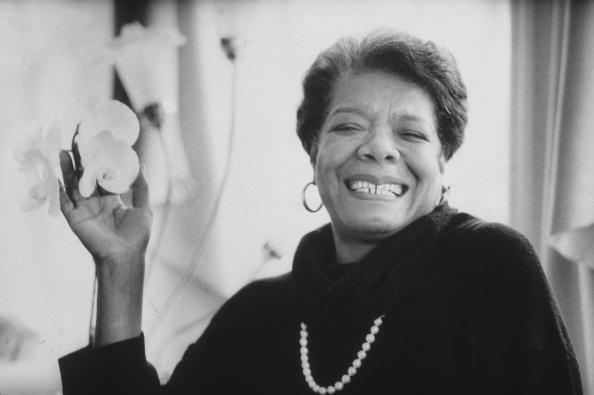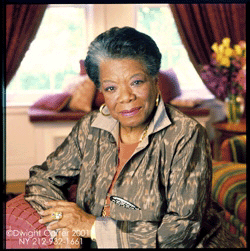
Maya Angelou, Lyrical Witness of the Jim Crow South, Dies at 86
By MARGALIT FOX
MAY 28, 2014
Maya Angelou, the memoirist and poet whose landmark book of 1969, “I Know Why the Caged Bird Sings” — which describes in lyrical, unsparing prose the author’s girlhood in the Jim Crow South — was among the first autobiographies by a 20th-century black woman to reach a wide general readership, died on Wednesday in her home. She was 86 and lived in Winston-Salem, N.C.
Her death was confirmed by her longtime literary agent, Helen Brann. No immediate cause of death had been determined, but Ms. Brann said Ms. Angelou had been in frail health for some time and had had heart problems.
As well known as she was for her memoirs, which eventually filled six volumes, Ms. Angelou (pronounced AHN-zhe-lo) very likely received her widest exposure on a chilly January day in 1993, when she delivered the inaugural poem, “On the Pulse of Morning,” at the swearing-in of Bill Clinton, the nation’s 42nd president, who, like Ms. Angelou, had grown up poor in rural Arkansas.
She has received over 50 honorary degrees and was Reynolds Professor of American Studies at Wake Forest University.
Angelou is famous for saying, “I’ve learned that people will forget what you said, people will forget what you did, but people will never forget how you made them feel.”
















